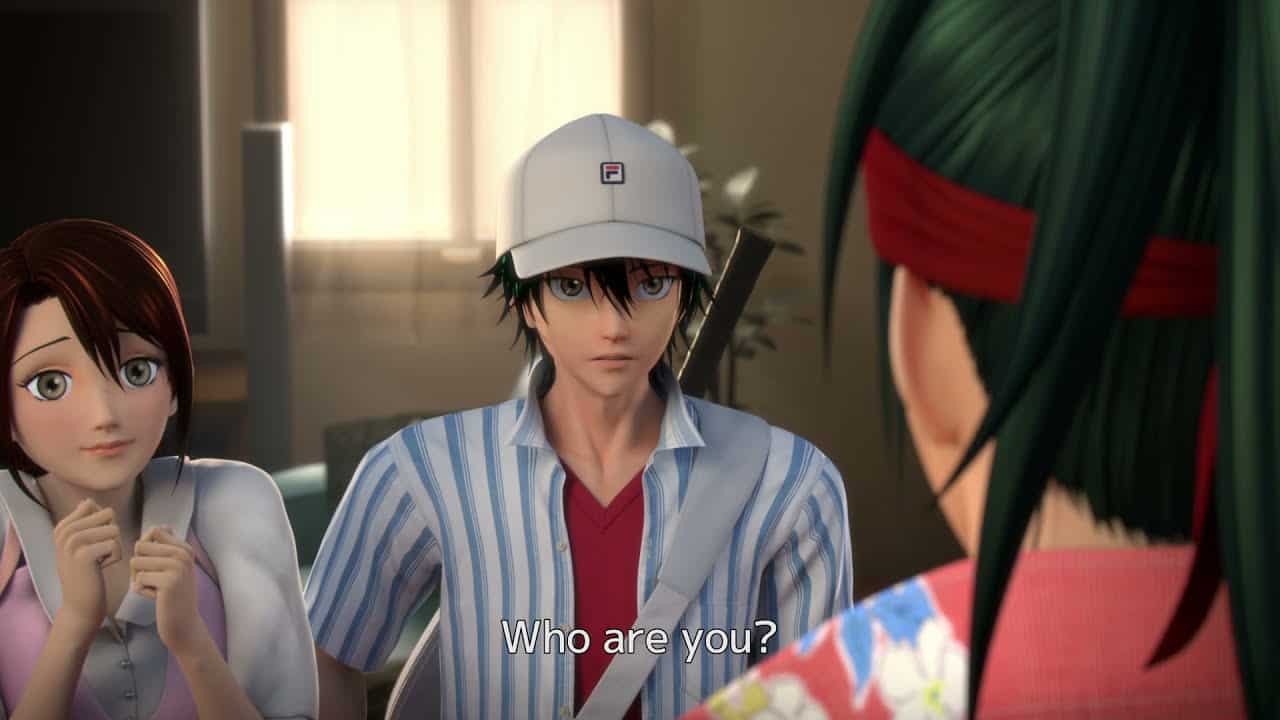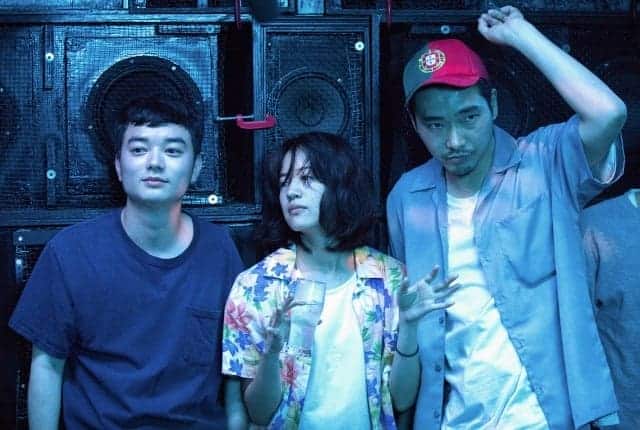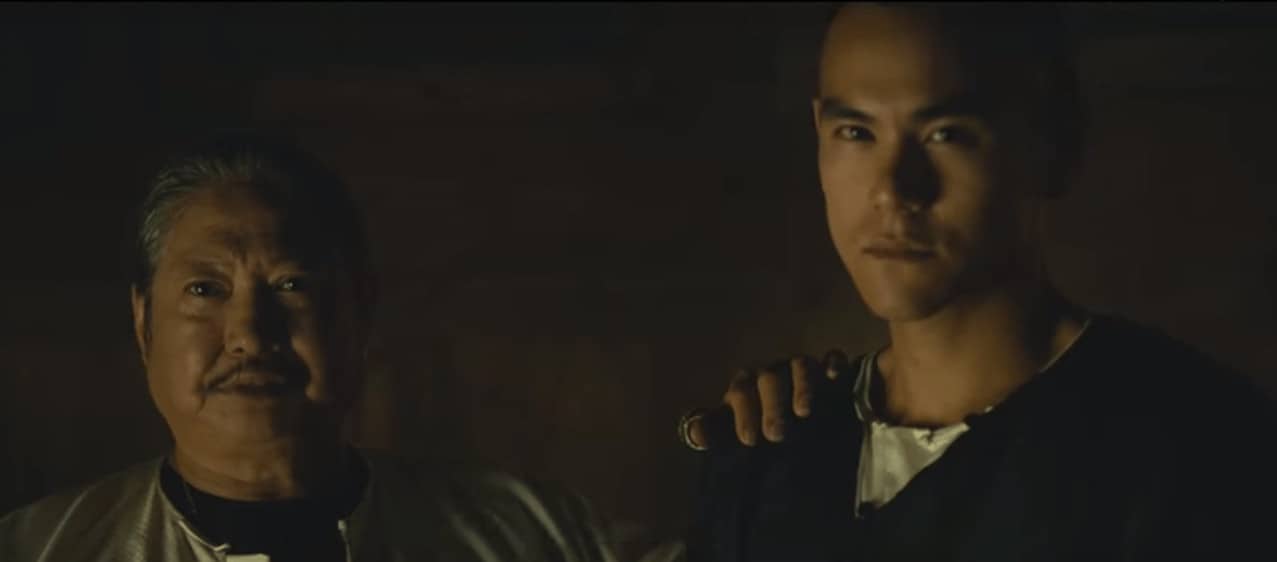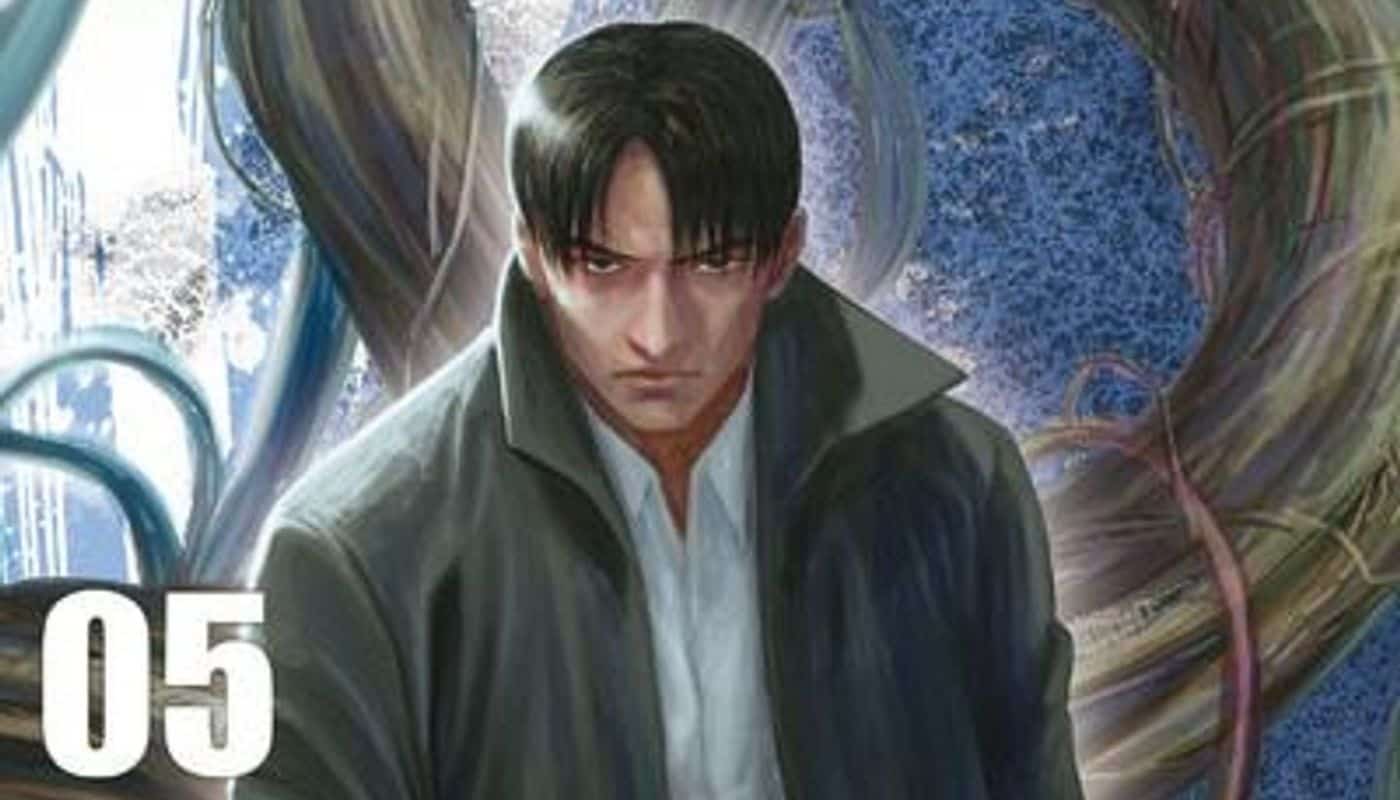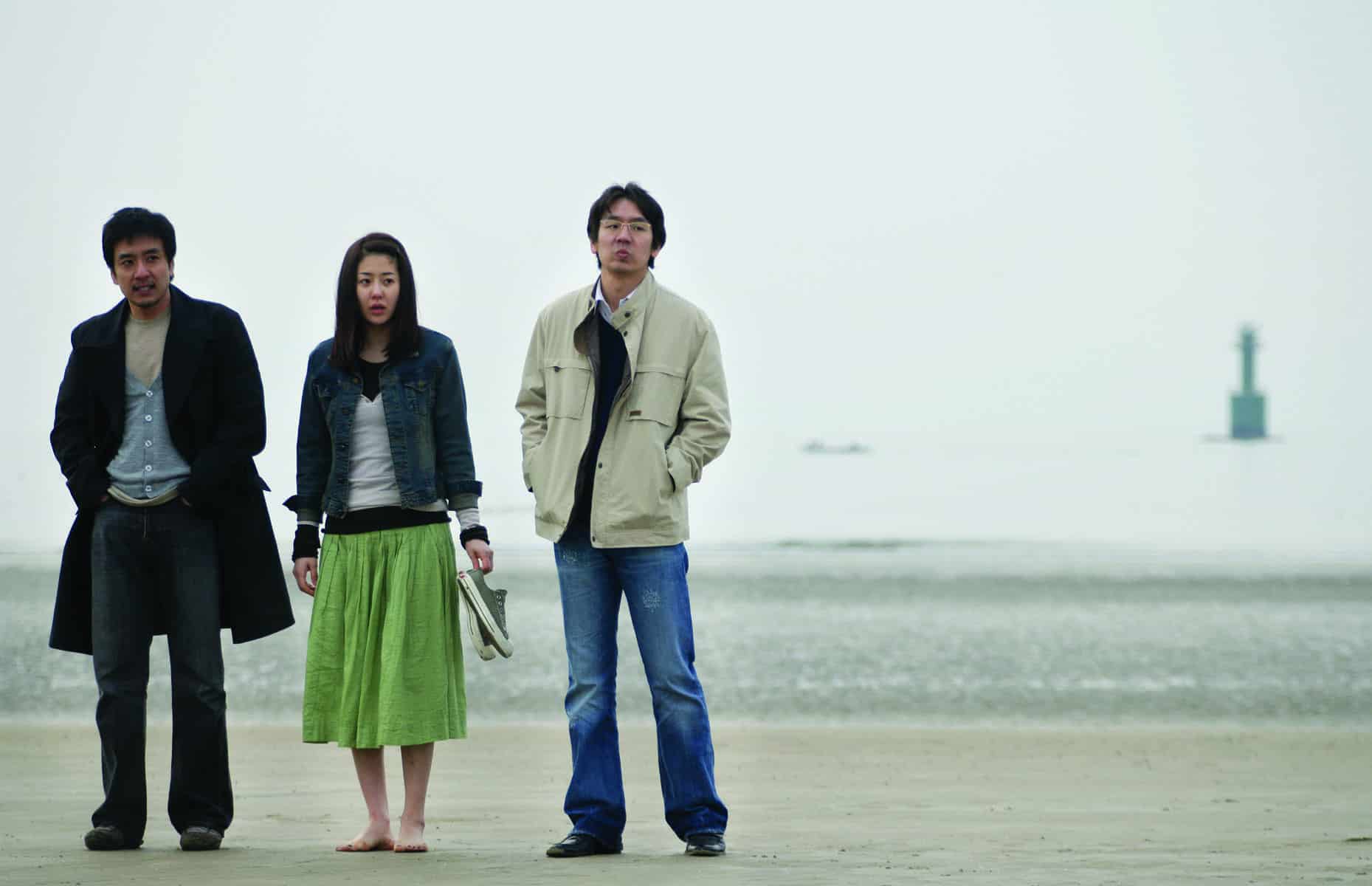Having premiered at the 2022 Sundance Film Festival in the Kids section,”Maika” is Vietnam's first children's sci-fi feature and the country's second-ever entry to the genre. The script is actually based on a beloved 1970s Czechoslovakian television series that became a cultural sensation in Vietnam throughout the 1980s and ‘90s, to the extent that the titular character has been cited as influencing consumer behaviors ranging from children's haircuts to baby name choices.
Hung is a young kid who has recently lost his mother, while his best friend from the apartment complex he lives with is about to leave the building. His father, Thanh, is running a small shop that repairs electronic devices, but seems to be unable to move in with his life, both romantically, as Miss Trang, a nurse who frequently brings him work seem to like him, and literally, since he cannot convince himself, or his son to move away from a place that has nothing to offer them anymore. Furthermore, in his grief and financial problems, he also neglects his son, who eventually, though, finds solace in his encounter with a young girl, soon named Maika, who is soon proved to be from outer space. In the meantime, Dai Nghia, a billionaire, approaches Thunh in order to find out more about Maika, while two goons and their boss, an older man who seems obsessed with the Japanese samurai, are pressuring him to move out of the building in order to tear it down and build luxury apartments.
Truth be told, Ham Tran has decided to include too many characters and episodes here, probably in an effort to stay as close as possible to the original series, to the point that the movie is definitely chaotic. On the other hand, as “Maika” is addressed almost exclusively to children, narrative coherence is not exactly the main goal here. On the other hand, all the other elements of the movie are top-notch, again under the prism of the children's movie.
In that fashion, the three villains are total buffoons who frequently mess up everything by themselves, and Hung has to fight to convince his father about Maika's origin, creating an antagonism that works quite well for the dramatic aspects of the film, as much as the flashbacks of his dying mother. The presence of Maika adds a much welcome sci-fi element, allowing Han Tran to fill the movie with SFX, vivid colors, and many scenes of action, which are not, however, violent at all. Starting with the airplane race of the beginning and continuing with the many instances Maika has to fight, the action aspect here is truly top notch, with both the editing and the cinematography finding its apogee here. The fact that Maika is not omnipotent, getting more and more tired every time she uses her power, adds even more to the drama here, in another intriguing aspect of the narrative.
Also of note, in a comment that goes beyond the addressed-to-children premises of the movie, is the fact that both Maika and Tranh are extremely good in fixing things, with the way Hung essentially substitutes the former for the latter, before he realizes how much he loves his father, adding a psychological element to the narrative.
Lastly, Ham Tran extracts quite good performances from his young actors, with them being quite good in both the comedic and the dramatic moments.
It is not certain how much “Maika: The Girl from Another Galaxy” will appeal to mature audiences, but children will definitely have a blast with the movie.




